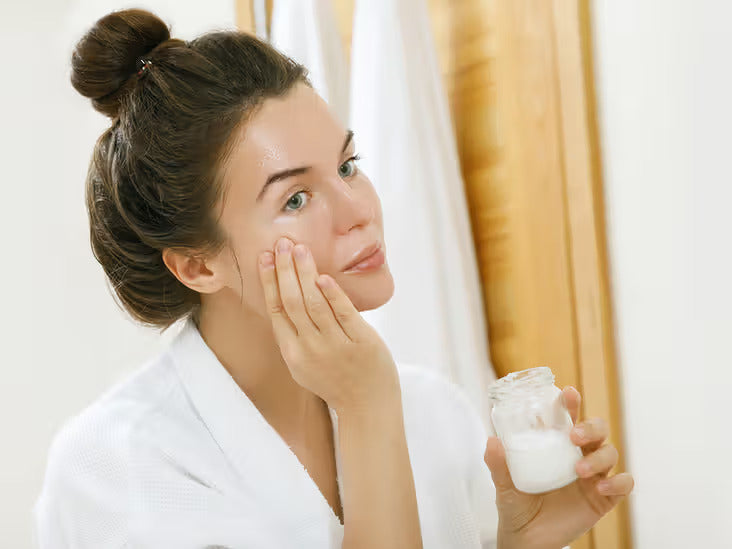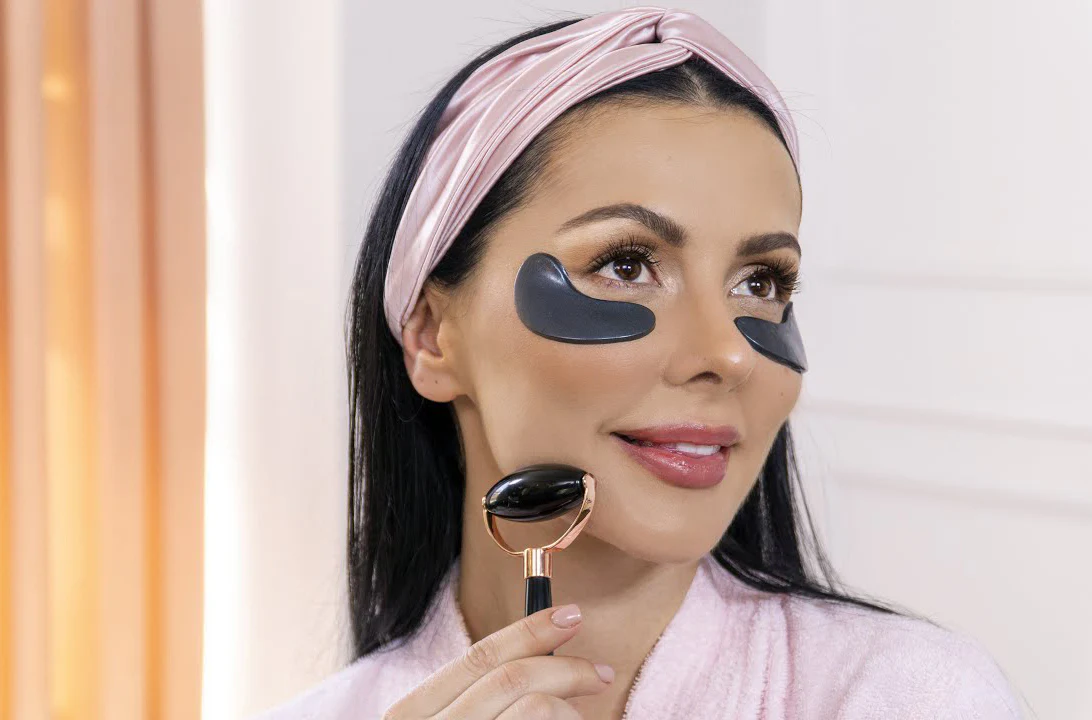How To Choose The Best Sunscreen For Your Skin Type

Introduction
Selecting the right sunscreen is part of a skincare routine, especially considering the rising knowledge of the hazards related to UV radiation. Given all the options, how can you be sure the one best for your skin type? This article will walk you through the process of picking the ideal sun screen lotion, provide advice for selecting products that fit various skin types, and underline the sunscreen benefits you may experience by using the proper product.
Knowing Sunscreen Types
Knowing the principles of sunscreen will enable you to choose which one fits your skin type. Two kinds of UV (ultraviolet) rays from the sun—UVA and UVB—are what sunscreen is meant to guard your skin from. Premature aging is caused by UVA radiation; UVB rays are connected to sunburns and skin cancer.
Broad-spectrum sunscreen—which guards against both UVB and UVA—is the most effective kind. Sun Protection Factor, or SPF, is a scale for gauging UV radiation blocking performance of sunscreen. One gets more protection the higher the SPF. The secret is choosing a sunscreen based on your skin type and way of living.
Selecting Sunscreen Considering Your Skin Type
Regarding Oily Skin
If you have oily skin or acne, pick a non-comedogenic sunscreen lotion. These sunscreens are made to stop pores from clogging, so preventing any breakouts. Look for things tagged "matte finish" or "oil-free." For oily skin, a gel-based sunscreen or a lightweight, water-based solution is the best choice as neither leaves a greasy residue.
Some sunscreens also offer a supplementary advantage in helping to regulate daily excess oil generation. Select a matte finish face sunscreen or one including silica, an oil-absorbing agent. Your skin will remain fresh and shining free all day thanks to this.
Dry skin
Look for a skin protection lotion if you have dry skin that offers hydration as well as UV defense. Sunscreens with moisturizing components such glycerin, ceramides, and hyaluronic acid aid to seal in moisture and maintain the skin supple and encouraged. Usually a great choice for dry skin, a thicker, creamier sunscreen serves as an extra barrier against the sun and stops more moisture loss.
Additionally helping against the effects of free radicals and early aging brought on by sun exposure are sunscreens including additional antioxidants like vitamin E or vitamin C.
Sensitive Skin
Sunscreens with strong chemicals, perfumes, or colors should be avoided for sensitive skin since these can aggravate or set off allergic reactions. Rather, search for a hypoallergenic sunscreen lotion created from mineral-based components like zinc oxide or titanium dioxide or a baby sunscreen lotion with these components. Given they sit on top of the skin and reflect UV rays, these physical sunscreens are a mild choice for sensitive skin.
Make sure the sunscreen you are selecting for sensitive skin is marked as "gentle" or "for sensitive skin." Calming elements like aloe vera or chamomile, which soothe and guard the skin, are also included in many mineral sunscreens these days.
Combining Skin
Choose a sunscreen that balances oil control in the T-zone and hydrates the drier parts for mixture skin—that is, a mix of oily and dry patches. Combining skin best calls for a lightweight, non-greasy, fluid-textured face sunscreen. Search for a broad-spectrum sunscreen free of overly thick or hefty weight.
You might also think about using a richer skin protection cream on the drier regions of your face and a thinner sunscreen on the oilier sections.
Mature Skin
Wrinkles and sagging result from declining collagen production in the skin as we age. Shielding older skin from the sun is absolutely vital. Look for a sunscreen with anti-aging properties in addition to broad-spectrum defense. Added antioxidants, peptides, and vitamin C sunscreens help fight free radicals and stop more UV damage.
An extreme sunscreen with a high SPF (50 or more) is excellent for mature skin. This offers further defense from UVB and UVA rays, which can hasten aging symptoms.
Sunscreen For Young Children
Babies have softer, more sensitive skin than adults. Under six months olds should be kept out of direct sunlight and dress in protective gear like caps and clothes. For infants more than six months old, you can begin applying a baby sunscreen designed especially for their skin. Steer clear of chemical sunscreens that could aggravate their delicate skin by selecting a physical sunscreen with mild components including titanium dioxide and zinc oxide.
Choose a baby sunscreen also hypoallergenic and scent-free to reduce the possibility of sensitivities. Use liberally and keep children out of the sun during peak hours even with the correct sunscreen.
Deciding Between Physical And Chemical Sunscreen
Two basic kinds of sunscreen are physical (mineral) and chemical ones. Chemical sunscreens capture UV light and translate it into heat that the skin then releases. Those with oily or regular skin usually like them since they have a lighter texture. Chemical sunscreens can irritate some sensitive-skinned individuals, though.
Active elements in physical sunscreens—also called mineral sunscreens—zinc oxide and titanium dioxide physically filter UV radiation. These sunscreens are less prone to irritate sensitive skin, hence they are ideal for it. But they can occasionally leave a white cast on the skin, hence one should take this into account while selecting a product.
Benefits Of Sunscreen
The advantages of sunscreen extend much beyond only avoiding sunburn. Frequent application of sunscreen reduces the incidence of skin cancer, stops early aging including wrinkles and age spots, and shields the skin against UV-induced pigment and discoloration. Maintaining an even skin tone and avoiding long term sun damage depend on sunscreen as well.
Choosing the correct sunscreen for your skin type will help you to enjoy all the advantages of sunscreen while maintaining a youthful, healthy, and protected state of your skin.
Conclusion
Maintaining good skin depends on your selecting the proper sunscreen for your skin type. Products for every need abound, from a highly moisturizing skin protection cream for dry skin to a lightweight, oil-free sunscreen lotion for oily skin. To guarantee best protection, always use a broad-spectrum sunscreen with an SPF of 30 or above. Remember to use infant sunscreen for your children and, particularly for mature skin, think about an ultra sunscreen for extra sun protection. Appropriate sunscreen will let you enjoy all the advantages while shielding your skin from damaging UV radiation. Recall that sunscreen is an investment in the lifetime and condition of your skin; hence, choose carefully for the greatest effects.






